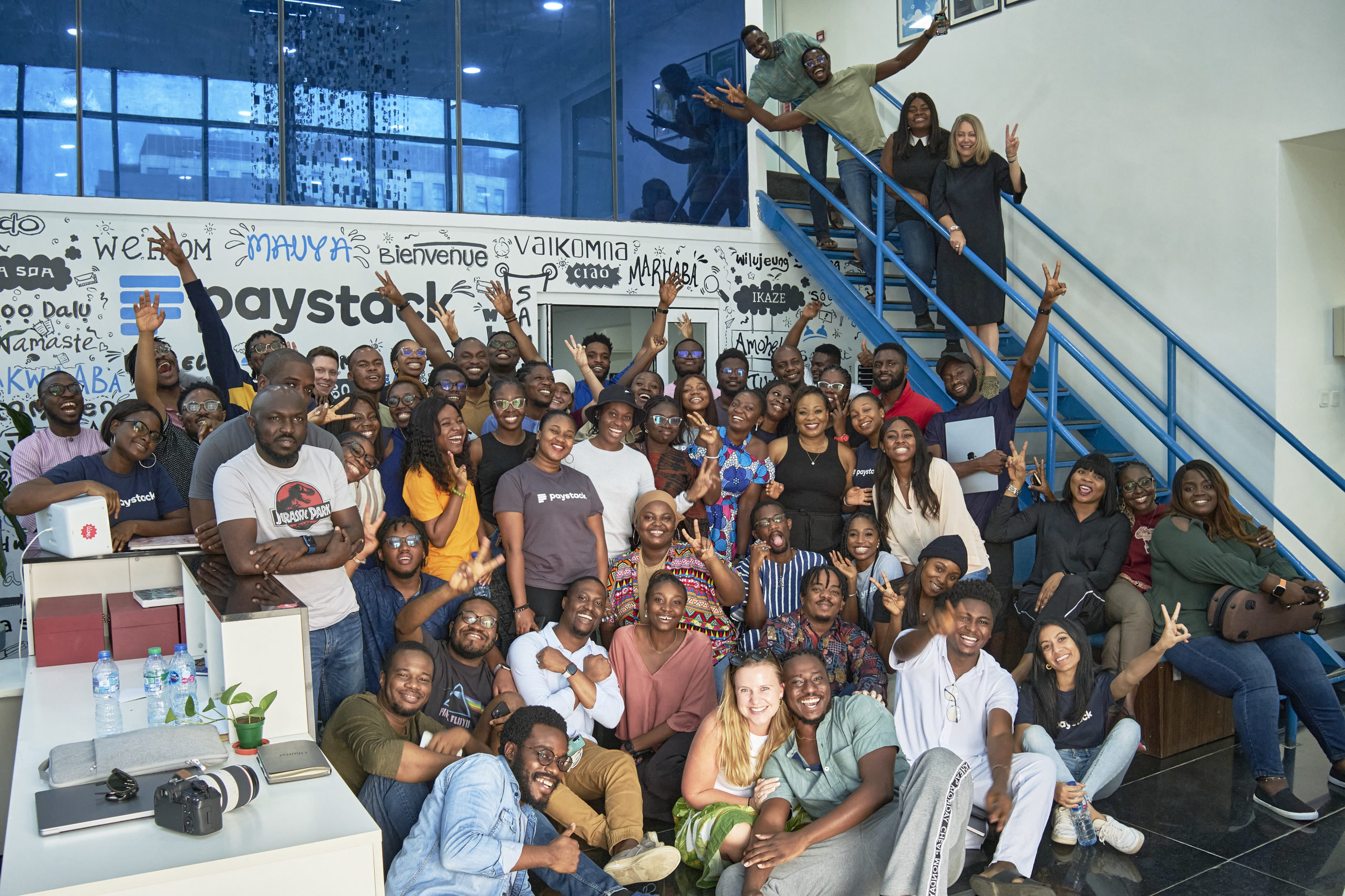TechCabal spoke with Paystack’s chief operating officer about the company’s post-acquisition trajectory and relationship with acquirer Stripe.
Paystack, one of the Y Combinator’s first bets in Africa, remains one of the continent’s most prominent startups. In 2020, global payments company Stripe acquired Paystack for over $200 million, marking one of the most successful exits in the African tech ecosystem. Since then, Paystack has continued to operate under its brand name, expanding into other markets and setting up other African fintechs for success. In this interview with Amandine Lobelle, Paystack’s COO, she talks about the company’s structure, its relationship with Stripe, and some industry-collaborative attempts at stopping fraud.
This interview has been edited for length and clarity*
Caleb: Paystack’s acquisition by Stripe has become a standout success story on the continent. Can you share the changes that followed the acquisition and how Stripe has contributed to Paystack’s overall strategy?
A.L: Paystack continues to operate independently, but now as part of the larger Stripe group. In many ways, Paystack has become Stripe’s gateway into Africa, given their absence on the continent. Post-acquisition, our collaboration with Stripe has taken three main forms. First, Stripe refers their merchants seeking access to African customers to Paystack. Second, we gain invaluable insights from Stripe, a company that has revolutionised global payments, enabling us to build a scalable business. Lastly, there has been a talent exchange, with some former Stripe employees joining Paystack, which I think is a really beautiful and poetic thing to have come out of the acquisition.
Caleb: Paystack has expanded into Ghana, South Africa, and Kenya while solidifying its presence in Nigeria. How does the company approach expansion? Will we see more countries added or deeper penetration of core markets?
A.L: Paystack’s remarkable success in online payments, particularly card payments in Nigeria, has prompted us to replicate that success in other markets. Our expansion strategy is based on thorough research, considering factors such as GDP, card penetration, population size, and the strength of the startup and developer ecosystem. We focus on penetrating markets that serve as regional hubs and are strategically positioned to facilitate sub-regional growth. Additionally, we are currently in early beta stages in Francophone Africa and have plans to expand into North Africa.
Caleb: Paystack claims to process over 50% of all online transactions in Nigeria. What are the key factors behind the company’s success in the Nigerian market?
A.L: The first factor is having highly technical and product-focused co-founders. Shola and Ezra, being software engineers, possessed the know-how to build exceptional products that people are willing to pay for. Second, we maintain unwavering standards. Handling payments requires utmost diligence, considering that merchants entrust us with their livelihoods. We are committed to doing the right thing at all times and maintaining exceptional quality. Lastly, it’s the people. We prioritise hiring exceptional talent and creating an environment where they can do their best work. Shola often says that the payments problem is a talent problem. So, if you get the right people in the room, there’s nothing that we can’t fix, solve, or create.
Caleb:
A.L: While we admire and draw inspiration from Stripe’s breakthroughs, the challenges we face as businesses are distinct. We operate in different contexts, and our struggles on the ground in Africa differ from those in the US tech community. However, we do share some similarities in our challenges. Although a valuation cut on Stripe’s end may indirectly impact employees with shares, it does not directly affect Paystack’s operations.
Caleb: Paystack has achieved remarkable success and has been a trailblazer in the African tech ecosystem. How does the company recognise its position and give back to the tech community?
A.L: We consider it an honour and a privilege to have played a significant role in Africa’s tech journey over the past seven years. As a crucial part of the ecosystem, we continuously ask ourselves how we can support and foster further growth in African tech. One example is Paystack Catalyst, where we provide support to other startups to help them create value and grow. We offer free processing up to $25,000 on Paystack and $20,000 on Stripe, in addition to providing access to free or discounted tools such as AWS.
Caleb: Looking ahead, can we expect Paystack to expand into other fintech verticals to better support merchants?
A.L: Our mission is to help African merchants accelerate their growth, and this involves exploring various dimensions. We see an opportunity in providing an omnichannel experience, catering to merchants who sell both online and in person. We aim to replicate the online experience for in-person payments. There’s also the possibility of providing financing for merchants, but I don’t think it’s worth going into the details now.
Caleb: Paystack’s employees are said to be one of the happiest in the ecosystem. How does Paystack maintain its efficient staff base despite its scale?
A.L: The magic lies in finding the best people for the job and empowering them to do their best work. At Paystack, we adhere to six core values: transparency, clear communication, kindness, high standards, pursuing growth and learning, and embracing the mission. Embracing the mission is particularly crucial, as we believe that what we are building is bigger than any individual. Shola is one of the most humble but driven people I’ve ever met and interacted with, and I think a lot of Paystack’s early culture came from him. But it’s also important to note that culture is not just one person. So whether at company gatherings or at weekly all hands, we reinforce and also reevaluate the culture because culture is not a static thing.
Caleb: Fraud attempts are a challenge for many African fintech startups. How does Paystack combat this internally, and can you tell us more about Project Radar, the collaborative move between Paystack, Flutterwave, and others to check fraud?
A.L: Fraud is not just an African problem, but for us at Paystack, it’s something we’ve built our muscle to handle over time. We’ve got a rules engine that we call RAMs which was built in-house to detect early fraud and to be able to shut down or reject any fraudulent transactions. Where we sometimes see high-risk transactions is virtual international cards, like USD cards. And so that’s why, even on Paystack, we have to do extra checks before we enable USD payments for merchants. As for industry collaboration, that is something I always embrace and encourage. I think we become better when we share our experiences and when we can build robust solutions based on what trends we are seeing across our companies. I know our head of risk and compliance is part of several working groups and industry knowledge forums, and liaises with other fintechs, banks, and the Central Bank of Nigeria.
Caleb: Let’s wrap up with what the next decade is going to look like for Paystack
A.L: We have only just scratched the surface of our potential. In the next 10 years, we aim to replicate the deep market penetration we have achieved in Nigeria in five to ten additional markets. We envision expanding into in-person experiences, facilitating commerce between markets within Africa and between Africa and the rest of the world.





















